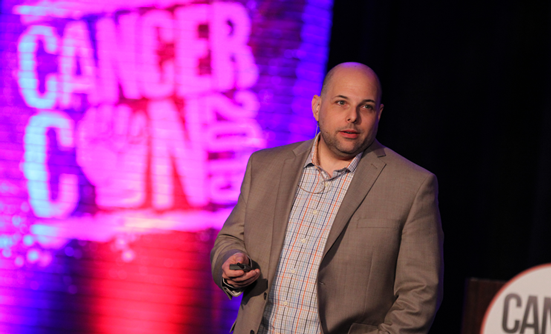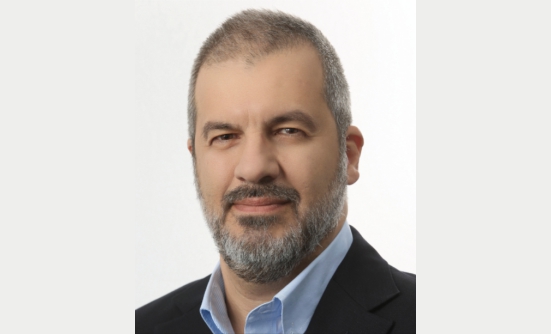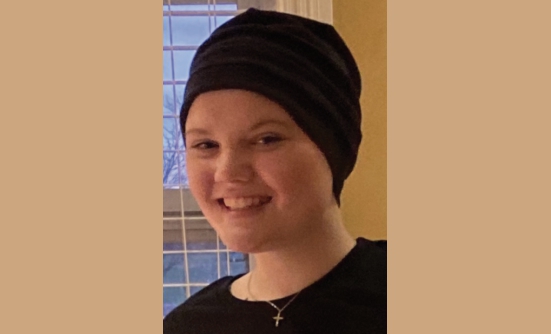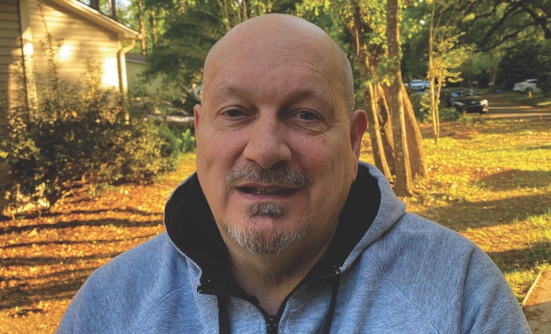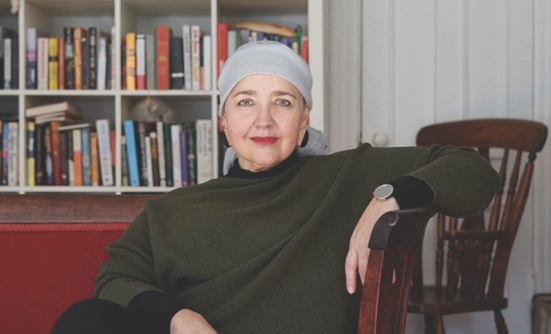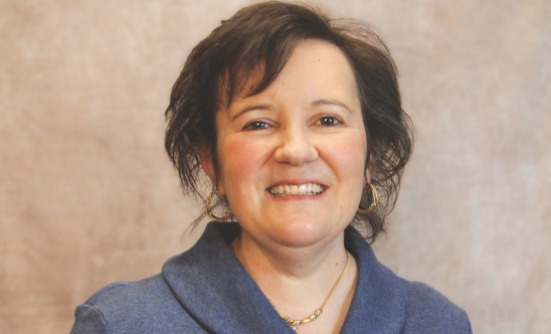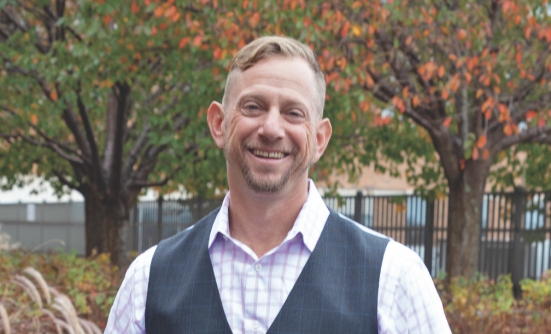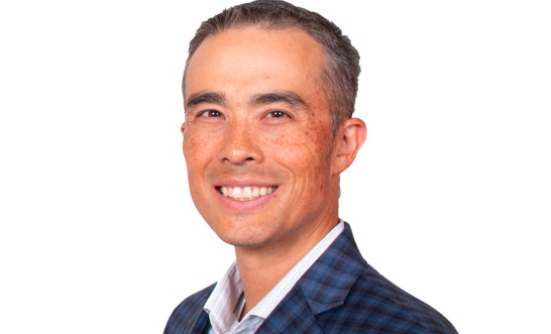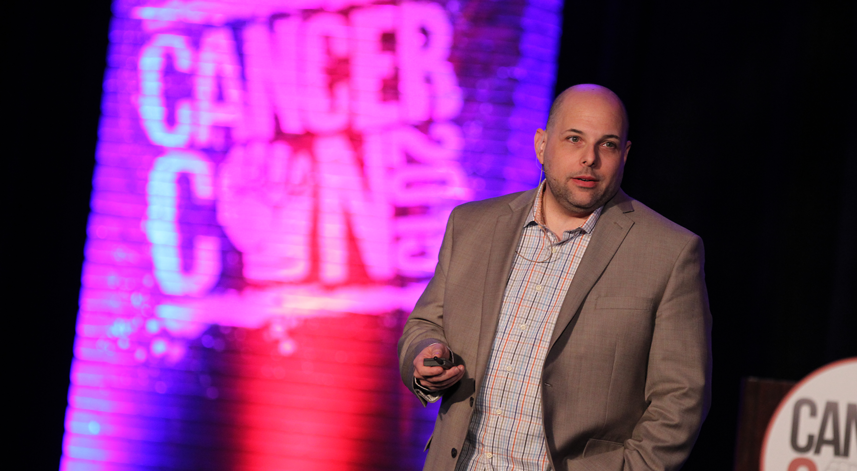
The role of patients in clinical trials is slowly changing, but enlightening more pharmaceutical companies about the value of the patient’s perspective in designing clinical trials is still a challenge, noted patients and patient advocates who participated in a discussion called “A New Era of Collaboration in Oncology.” The discussion was held during the 2015 American Society of Clinical Oncology (ASCO) annual meeting.
During the past decade, there has been a paradigm shift in how drug companies (pharmaceutical industry) have viewed patients, said Thomas P. Sellers, a prostate cancer survivor and Senior Director of Patient Advocacy and Corporate Philanthropy for Takeda Oncology, which sponsored the discussion.
“In the past, industry viewed doctors as the customer and patients as the subjects, but that has begun to change with the emergence of patient thought leaders in the community who could talk about the science and about clinical trial designs,” he said.
The Patient Voice
Mr. Sellers said that these patient advocates have been very important in bringing the patient voice to pharmaceutical companies. He added that many companies have a sense of the importance of engaging with key opinion leaders in the healthcare and medical community; however, drug companies need to have the same level of engagement with patient opinion leaders if they want to be successful patient-centered companies.
For example, Mr. Sellers said that Takeda Oncology is now engaging patients in the development of clinical trials as a key component in their research and development of new drugs, and that this has become part of Takeda’s standard procedure to get opinions from patient leaders.
“Having patients embedded in the process from the very beginning—commenting on the design concept of the trial, the protocols of the trial, the informed consent form, and some of the patient materials—is a way of making it happen, where you get the benefit of the patient’s voice early in the process without putting patients in a place where they are challenged or not able to contribute to the science,” Mr. Sellers said.
Role of Patient Advocates
Nancy Roach, Founder and Chair of Fight Colorectal Cancer, said that she has seen changes in how the pharmaceutical industry views patients. For years, patient advocates were approached by public relations and marketing staff in the drug industry and were looked at as public relations tools and marketing tools only, Ms. Roach said. She added, “I would ask, ‘Why am I talking to you since I don’t understand why you’re talking to me?’”
But this began to change, said Ms. Roach, when patient advocates who liaison with drug
companies were placed in the government affairs department or in other departments, which helped drug companies to perceive patients as more than just marketing tools. Last year during the annual meeting of ASCO, she was sitting at a bar with a drug company representative, and about a dozen patient advocates came up to them and asked if the company had money for them that year.
“Patient advocates need to stop looking at industry as only a source of money, and they need to engage with them in ways that add value for patients,” Ms. Roach said.
Listening to Patients
The Multiple Myeloma Research Foundation (MMRF) has worked with Takeda Oncology for years, according to MMRF President and CEO Walter M. Capone, MBA, who spent 2 decades in the pharmaceutical and biotechnology industry before joining MMRF 4 years ago.
He said that for years, the pharmaceutical industry viewed patients almost as impediments when designing clinical trials. That may seem very insensitive, he said, but that’s how some companies saw patients, and that’s how some companies still operate.
Mr. Capone said that it’s important for companies to listen to patients if they want effective drugs, and that not engaging people and families who are affected by cancer is a missed opportunity.
Michael Kauffman, MD, PhD, an internist and rheumatologist, and currently CEO of Karyopharm Therapeutics, had previously worked as Vice President, Clinical, at Millennium Pharmaceuticals, which is now part of Takeda Oncology.
Dr. Kauffman led the development of the drug Velcade (bortezomib) for the treatment of patients with multiple myeloma, and he said that working with the MMRF helped him get accelerated approval from the FDA for Velcade. Dr. Kauffman also led the development of Kyprolis (carfilzomib) accelerated approval studies. These experiences served as an effective model for the company in collaborating with patient advocacy groups. Dr. Kauffman added that the pharmaceutical industry has become a lot less controlling.
“Drugs under development were kept secret and everything was controlled, including investigator-initiated studies, until after FDA approval, because you worried that something bad would happen if you opened your cloak and disclosed something,” Dr. Kauffman said, adding that there was a lot of mistrust on the part of the drug company in the FDA, which was not always open with drug companies, but this is changing.
Some companies now realize that patients and their families could advocate for the drugs and help to get drugs to other patients faster.
As for patient advocacy groups, he said, money isn’t the greatest asset they should be seeking, and there are other places to get money.
“There are things that are more important than money, things that you don’t get back, like time and health,” Dr. Kauffman said. “What industry can add is another chance for patients, and patients can help by spreading the word.”
Dr. Kauffman noted that for drug companies to simply go to large oncology centers and seek expert opinions is an outdated model, and his company now approaches specific foundations for collaboration efforts.
Ethically, Dr. Kauffman said, if a patient has a fatal illness, the treatment is not working, and the prognosis is not good, then the focus has to shift toward the patient. “Patient advocates have to stand up, get involved, and even get angry,” Dr. Kauffman said. “As a physician, there is nothing worse than having to say to a patient, ‘I’m sorry, I really don’t have anything for you.’”
Value of Patient Involvement
Jane Perlmutter, PhD, a breast cancer survivor and a patient advocate who was not a part of the program, said that patient involvement in cancer clinical trial cooperative groups, within academia, and within the government, has been going on for about 15 years, but only recently the pharmaceutical industry started to recognize the value of the patient perspective.
However, one significant difference is that patient involvement in the nonprofit and government sectors has been accomplished through patient advocates demonstrating their value to researchers. In the pharmaceutical industry, however, the buy-in has to be on a more corporate level, such as demonstrating return on companies’ investments.
Dr. Perlmutter said that the pharmaceutical industry has been using focus groups to gauge the patient’s point of view, and that many companies are trying different models of incorporating patients into trials to see what happens.
Patient Resources
Stupid Cancer
http://stupidcancer.org
Programs for Teens with Cancer
http://lookgoodfeelbetter.org/programs/teens





